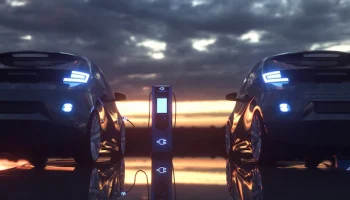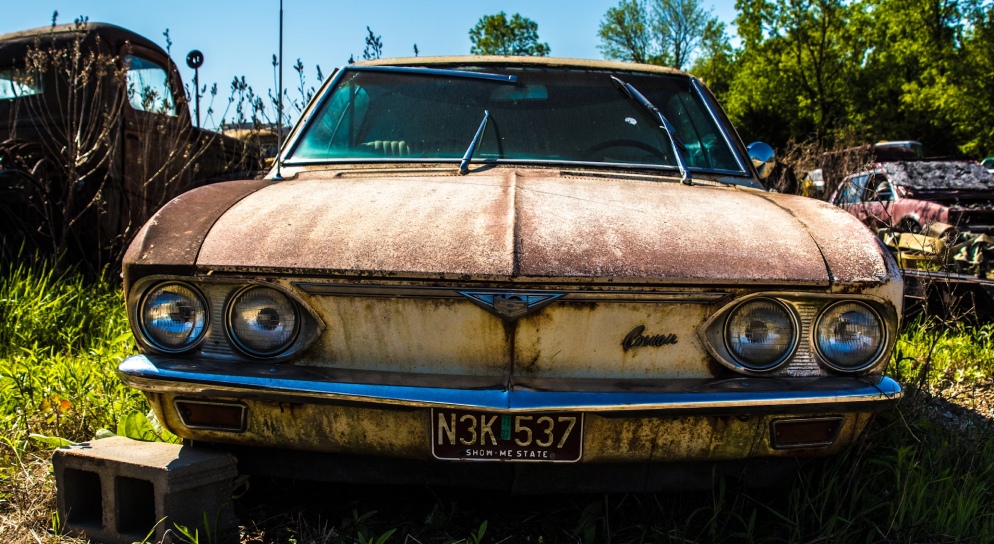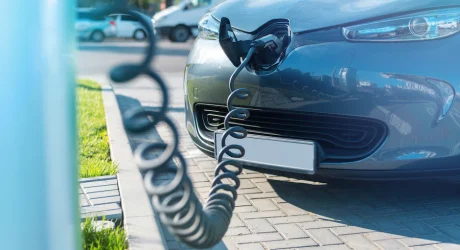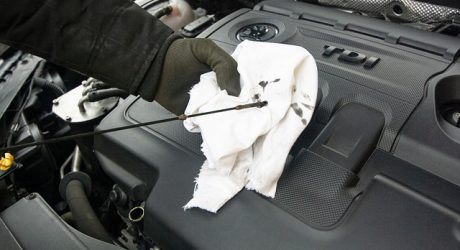Your trusty four-wheeled companion has been with you through thick and thin, but as the years roll by, signs of wear and tear become more visible. It’s important to recognize that car’s condition can influence more than just its performance – it can affect your car insurance rates. At the same time, you might cherish the memories associated with your ageing car.
In this exploration, Kotak General Insurance explains the connection between a rusty ride and higher car insurance rates by shedding light on why the state of your vehicle matters when it comes to car insurance quotes.
Can a Rusty Car Have a High Insurance Rate?

A rusty car can influence the insurance rate, although it’s not a direct factor like the car’s make or model. Rust is a sign of wear and tear.
Insurance companies assess a vehicle’s overall condition when determining premiums. If rust has compromised the car’s structural integrity, it could be seen as a higher risk for potential claims, especially if it affects safety-related components.
Insurance rates are primarily based on the likelihood of a claim being filed and the potential cost of that claim. A car in poor condition, including extensive rust, may be more prone to breakdowns or may not perform well in an accident. This could lead to higher repair costs or a total loss, which insurance companies must account for in their rates.
However, standard car insurance policies do not cover damage due to rust, as it’s considered a maintenance issue. If the rust results from a covered peril, like flood damage, it might be included in a claim. However, insurers generally expect owners to maintain their vehicles and prevent rust from occurring.
In summary, while rust is not a direct factor in determining insurance rates, the vehicle’s condition, including rust, can influence the cost. A complex interplay of risk assessment and vehicle valuation determines the final premium.
Explaining the Impact of Car Condition on Car Insurance
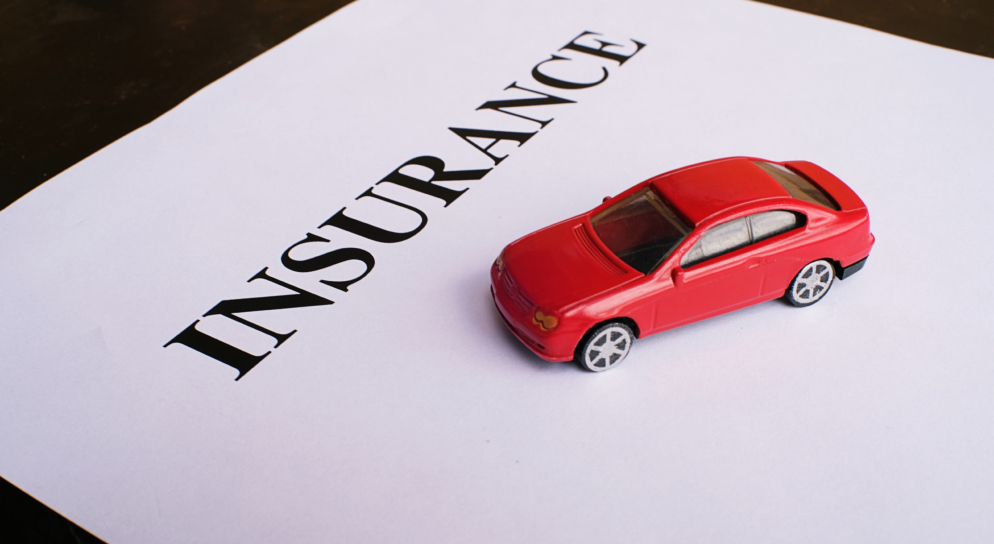
Kotak General Insurance has explained how the condition of your car has an impact on your car insurance:
1. Understanding The Basics
When you approach for a quote, various factors are assessed to determine the risk associated with insuring your car. These factors go beyond your driving history and location; Kotak General Insurance also delves into the specifics of your car and its condition is an important piece of the puzzle.
2. The Impact of Depreciation
As your car ages, it experiences depreciation – a decrease in its value over time. It can influence your insurance rates while this is a natural and expected part of car ownership. The current market value of your car is considered when calculating premiums and a rusty or worn-out appearance may signify a higher likelihood of claims, leading to an impact on car insurance rates.
3. Safety Concerns
The condition of your car can directly correlate with safety concerns. Rust, worn-out parts or outdated safety features may elevate the risk of accidents or breakdowns. This increased risk is reflected in the form of higher insurance rates.
4. Repairs and Maintenance
Regular maintenance is important not only for the longevity of your car but also for the potential impact on insurance rates. A well-maintained car is less likely to experience sudden breakdowns or accidents due to mechanical failures.
5. The Connection Between Appearance and Risk
While appearances alone don’t dictate risk, they can be indicative of a car’s overall health. A rust-covered exterior or visible signs of damage might suggest potential mechanical issues that could compromise the safety and reliability of the car.
6. Impact on Comprehensive Coverage
The condition of your car can be particularly significant when considering comprehensive coverage. Comprehensive insurance covers damages to your car not caused by a collision, such as theft, vandalism or natural disasters.
7. Mitigating Factors
There are ways to mitigate the impact while a rusty ride might contribute to higher insurance rates. Regular maintenance, addressing visible issues promptly and investing in necessary repairs can help maintain the insurability of your car.
Kotak General Insurance’s Explanation of Impact of Car Condition on Insurance

Kotak General Insurance emphasizes that the condition of a vehicle significantly impacts car insurance premiums. A well-maintained car with no significant damage or modifications will likely attract lower insurance rates.
Conversely, cars in poor condition, with damage or extensive changes, may incur higher premiums due to the increased risk they represent.
The insurer notes that factors such as the car’s classification, age, and location also play a role in determining premiums.
For instance, luxury cars or sports utility vehicles (SUVs) typically have higher insurance costs than microcars or hatchbacks. This is because the cost of repairs or replacement for high-end vehicles is generally greater, reflected in the insurance pricing.
Additionally, Kotak General Insurance points out that moving to a new state can affect your car insurance premium, especially if the new location is prone to severe weather events or natural disasters. Such conditions increase the likelihood of damage to the vehicle, leading to higher comprehensive coverage rates.
In summary, according to Kotak General Insurance, the condition and classification of a car, along with the owner’s location, are key factors that influence car insurance premiums. Maintaining your vehicle in good condition and understanding these factors can help you manage your insurance costs effectively.
The Role of Car Insurance Quotes

Car insurance quotes are crucial for several reasons. They estimate the premium you’ll pay, allowing you to budget accordingly.
By comparing quotes from different insurers, you can find the most cost-effective policy that meets your needs.
This comparison is essential because premiums vary significantly based on your driving history, vehicle type, and coverage options.
Quotes also help you understand the coverage you’re purchasing. They detail the limits of each coverage type, ensuring you’re adequately protected. For instance, you might need more liability coverage if you have significant assets to protect in the event of a lawsuit following an accident.
Moreover, quotes can reveal discounts you may qualify for, such as those for safe driving or multiple policies. This can lead to substantial savings over the life of the policy.
Additionally, understanding the factors that affect your quote can help you make changes that may lower your premiums, such as improving your driving record or choosing a cheaper vehicle to insure.
In essence, obtaining car insurance quotes is a proactive step in managing your financial risk. It ensures you’re not overpaying for insurance while receiving the necessary protection.
It’s a fundamental part of the insurance buying process, providing transparency and options, which empowers you to make informed decisions about your car insurance.
Conclusion
The connection between a rusty ride and higher insurance rates is rooted in the perceived risk associated with a car’s condition.
All car owners need to recognize the influence of wear and tear on insurance premiums while the impact may be more evident for older cars.
You can navigate through the world of car insurance quotes more effectively, ensuring that your coverage aligns with the unique characteristics of your trusty, if rusty, companion on the road.
Read Also:
















